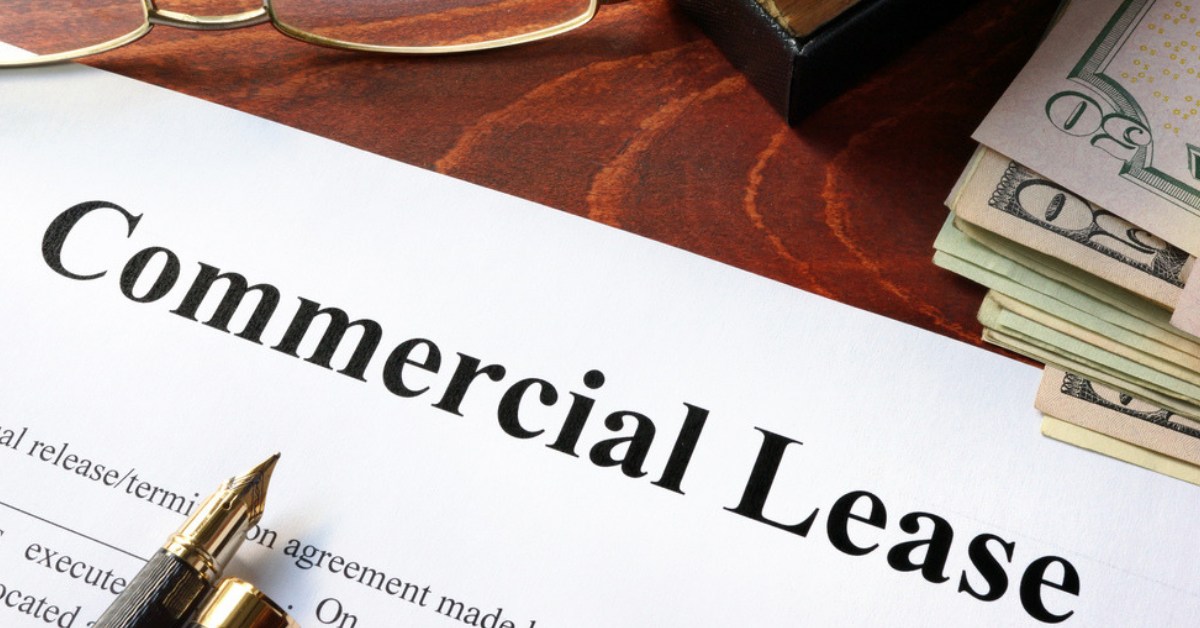A business lease agreement in Washington State incorporates statewide rental term limits.

A business leasing contract Rental terms are restricted statewide in Washington State. Additional laws govern the landlord-tenant relationship in Seattle.
Table of Contents
Washington Landlord-Tenant Regulations
There are many regulations in Washington State that regulate the landlord-tenant relationship:
RCW 59 — Landlord and Tenant in Washington
Tenancies are defined in Washington Revised Statutes at RCW 59.04.
RCW 59.18 — Residential Landlord-Tenant Act of Washington
Washington RCW 59.18.060 – Landlord’s Official Duties
Washington RCW 59.18.130 – Tenant’s Official Duties
RCW 59.20 – Landlord-Tenant Act for Manufactured/Mobile Homes
RCW 12.36 — Small Claims Appeals in Washington
Seattle has its own set of supplementary laws:
Seattle Landlord Tenant Laws SMC 22.206.160 – Owners’ Duties
Property Owner and Tenant Rights and Responsibilities in Seattle
Washington Security Deposit Requirements
The maximum amount of a security deposit in Washington State is not set. A security deposit is required to be repaid within 14 days of the vacancy. Security deposits must be deposited into a separate bank account.
A deposit cannot be collected unless a signed rental agreement and a written declaration or checklist outlining the cleanliness and condition of the space and furniture, including any damages, are produced. Floors, walls, carpets, worktops, drapes, appliances, and furniture must all be included on this list. Both the renter and the landlord must sign and date this agreement, and a copy must be supplied to the tenant.
The landlord must also issue a receipt for the deposit, which includes the name, address, and location of the depository, and any changes must be communicated to the renter.
Non-refundable fees are permitted on a lease agreement, but they may not be included as part of the security deposit and must be explicitly labelled as a “non-refundable cost” within the written agreement. Pet deposits and other fees are also permitted.
Rent and Fee Regulations in Washington
If a landlord fails to supply vital services such as heat or water, a tenant may withhold rent; however, the tenant must inform the proper government authorities and deposit any withheld payment into an escrow account.
In addition, if a renter has to make repairs, they may deduct the rent. If the problem necessitates the use of a licenced expert to remedy it, the renter must present an estimate to the landlord before the work is completed. The cost of the repair cannot be more than two months’ rent. If the problem does not need the services of a licenced expert, the tenant may undertake the repair himself or herself in a quality way, at a cost no more than one month’s rent. Do-it-yourself repair deductions cannot exceed one month’s rent in any 12-month period.
If a tenant’s check is returned, the landlord may levy a returned check fee of up to $40 or the value of the check, whichever is less.
Notices, Entry, and Termination in Washington
Before visiting the property, a landlord must provide two days’ notice. Only one day’s notice is necessary if the landlord is showing the property to a potential buyer or tenant. If there is a need for maintenance or repairs, the landlord may enter with notice. In an emergency, entrance may be given with little or no warning.
A landlord is not required to inform a tenant if they intend to access the property after a lease has ended. Furthermore, the landlord is not required to inform the tenant of the move-out inspection date or time.
If a tenant breaks the conditions of their lease agreement, they must evacuate within 10 days of receiving notice, or three days if the reason of termination is unlawful behaviour or annoyance.
The landlord is not permitted to turn off utilities. The landlord might be forced to pay up to $100 each day of service disruption, plus any relevant court expenses and attorney fees.
Lockouts are not permitted.
In Washington, it is illegal to break a lease.
Whether or not a tenant uses the property, they are legally compelled to pay the whole lease period. There are several exceptions, such as:
Harassment by the landlord or the landlord’s representative is illegal.
Domestic violence or stalking
The landlord’s failure to remedy a repair.
Military mobilisation.
Concerns about health.
Concerns about safety.
